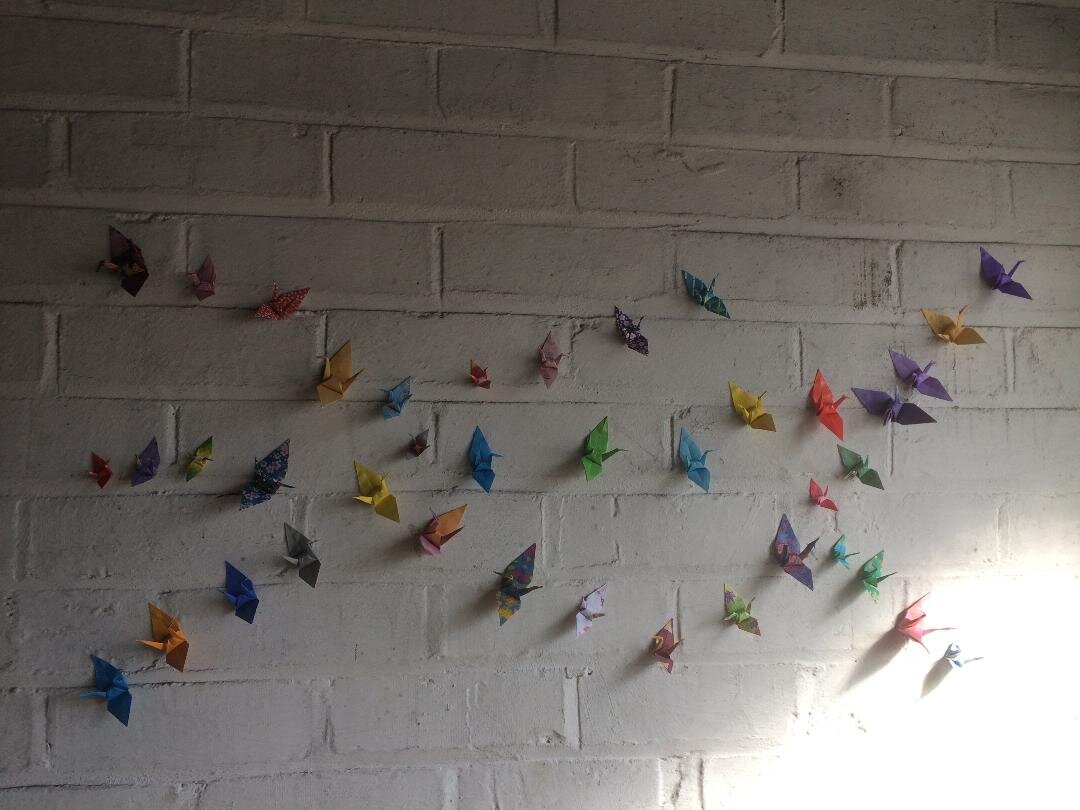
Psychotherapy and counselling
Therapy, psychotherapy and counselling are all words for the same process. The following questions and answers are designed to help you find out some more about the process of therapy as I see it. If you have questions of your own, I’d be happy to answer them.
What is therapy?
The process is different for every person. By sharing and exploring emotional difficulties and pressures, a new way of understanding and tackling them can be found. I believe the client is the best expert in their own life, and I will always trust in your ability to grow and change, even when you find it hardest. With a therapist, it can become possible to try new ways of thinking or feeling until you are able to move again through the difficult moments of life. It is my privilege to share in those moments, difficult and joyous, with my clients.
Who do you work with?
I work with adult clients, couples and intimate partners. I can offer a range of short, medium or long term therapy; anything from 2-3 sessions to over a year. How long we work together may depend on many factors, including what you can afford right now. The speed at which we move is chosen by you, and we will explore regularly how the relationship is working. We don’t end therapy without both agreeing it is the right time. I am keen to work with those who need to enter into therapy as part of their own training to be a psychotherapist or counsellor.
What could therapy do for me?
Clients will often seek help for issues like the follow:
sadness, grief or anxiety
a feeling of stuckness
a desire for change or growth
confused priorities or responsibilities
fear of failure or rejection
feeling like you’re ‘not enough’
frustrations at an inability to solve everything immediately
negative thoughts about self
For me, how the issue has an impact on the life of the client is more central than what the actual issue is. I have had success in working with clients to manage mental health issues such as anxiety, depression, OCD and bipolar disorder. I have worked with issues including complex grief, body and gender dysmorphia, transgender transition, neurodiversity, relationship problems at home and work, trauma and historic abuse.
Therapy takes different paths, and clients are often surprised by the direction of the outcome. However, these are familiar experiences:
seeing yourself as worthy, good enough
knowing how to practice self-care
achieving changes and shifts
starting to grow and blossom
renewed pride in achievements
acknowledging their capacity
learning your triggers and managing daily living
owning a sense of self; unique and loved
How can I prepare to start?
Although you may be looking for a change or a relief, that process can still be challenging. Having experienced therapy, I know the ups and downs of the process from both sides, and I also know that each client faces it in their own way .I will ask you to be in an honest and reflective relationship with me as your therapist. You need to consider that life may start to feel different, and that you may feel differently about life.
How can I look after myself while I’m having therapy?
Self-care is a vital part of the therapeutic journey. Therapy is demanding, and the emotional labour needs to be accounted for when you consider your needs for rest and relaxation. What self-care looks like for you is something I will ask you to explore and investigate. It isn’t about simple ‘me time’, pampering or naps (although those are all useful), it is about finding ways to still yourself and your mind, to achieve a change in perspective and rediscover the reality and your capacity to grow.
The Zoom area in my Loughborough office
